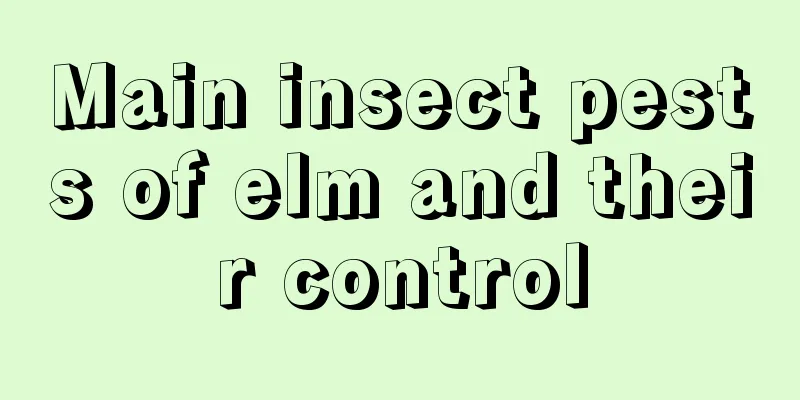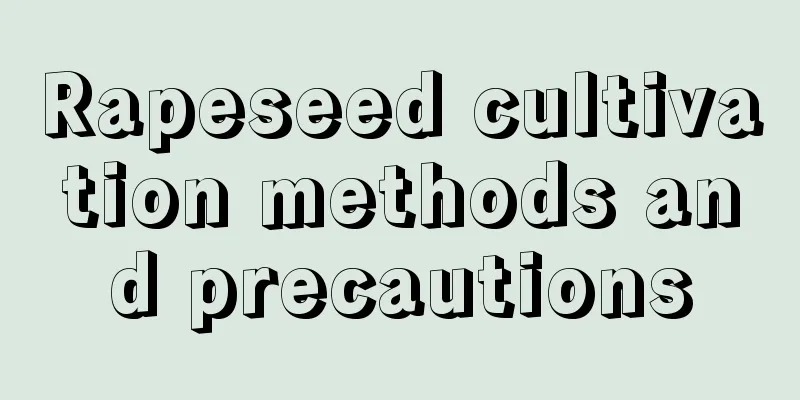Main insect pests of elm and their control

Major insect pests of elm treesLymantria elmiiIdentification characteristics: Adult: body length about 12 mm, wingspan about 25 mm. The body and wings are white, while the tibia and tarsus of the feet are orange-yellow. Eggs: Oval in shape, grayish yellow in color, covered with grayish black secretions, and arranged in clusters. Larvae: The mature larvae are about 30 mm long and have a light yellow body. The larvae have white hair tumors on the back of each segment, the base of the tumors is black, and the 1st and 2nd abdominal segments have larger black hair clusters. Pupa: About 15 mm long, light green, with dark brown hairs on the top of the head. Green-tailed silkworm mothIdentification characteristics, adult: body length 35~40 mm, wingspan about 122 mm. The body is covered with thick white fluff, the wings are pink-green, there is an eye-shaped pattern in the center of the wings, and the hind wings have a tail-like protrusion that is 40 mm long. Eggs: Spherical and slightly flat, 2 mm long, gray-brown. Larva: About 80 mm long, yellow-green in color, with two red and yellow lines on the spiracles. The body segments have tumor-like protrusions, four on the mesothorax and metathorax, with long brown and white hairs on the protrusions. It is non-toxic. Pupa: Body length 45~50 mm, reddish brown. There is a light-colored spot on the forehead. Cocoon: long oval, grayish yellow or grayish brown. Integrated control of elm pestsLight trapUse black light to lure and kill the adult insects during their emergence stage. Artificial controlIn combination with maintenance and management, egg masses and newly hatched clustered larvae are removed and eliminated in a concentrated manner, and overwintering larvae and overwintering cocoons are eliminated. Biological controlUse natural enemies such as bumblebees, hornets, sparrows, etc. to control pests. The green-tailed silkworm moth will release trichogrammatids during the egg stage, and the parasitism rate can be as high as 60%~70%. During the low-instar larval stage, the plants need to be sprayed with 1500~2000 times diluted 25% carbendazim No. 3 suspension. During the high-instar larval stage, the plants need to be sprayed with 400~600 times diluted Bacillus thuringiensis emulsion containing more than 10 billion spores per milliliter. Chemical controlDuring the peak period of larvae, it is necessary to spray 2500-3000 times diluted 20% cypermethrin emulsifiable concentrate, or spray the plants with 2000 times diluted 20% cypermethrin emulsifiable concentrate. |
<<: Common pests of Malus chinensis
>>: Diseases and Pests of Blue Flower Dandelion and Their Control
Recommend
The fastest way to root banyan tree cuttings
Banyan tree cutting time Banyan trees can usually...
Can Tiger Pilan be transplanted in winter?
1. Can it be transplanted? Tiger Piranha can be t...
How to grow Clivia, cultivation methods and precautions
1. How to grow Clivia 1. Temperature: Clivia is a...
How many times does Amaryllis bloom in a year?
Open times How many times a year it blooms depend...
Placing flowers in the right position during the Chinese New Year can bring prosperity to the family and keep them safe.
Living room flowers Recommended flowers Cyclamen,...
How to cultivate morels in high yield?
Morels have extremely high nutritional and medici...
How to grow a good window display with succulent jade fans
Succulent Jade Fan Growth Conditions The succulen...
How to propagate jasmine
1. Cutting method 1. Time: Autumn cuttings can be...
How to remedy the wilting of green radish
1. Watering in time Lack of water is the most lik...
Is azalea suitable for the living room? Is it auspicious to put azalea in the living room?
1. Is it suitable for the living room? There are ...
How to prune a Chinese rose tree
When is the best time to prune a rose tree? Rose ...
How to deal with Clivia rust disease
1. Treatment methods 1. Spraying: When you find t...
The efficacy and function of amino acid foliar fertilizer
Amino acid foliar fertilizer is a new type of fer...
How to eat red pears? Do you only know how to eat them raw?
Eat raw after softening The taste of red pears is...
How to grow ornamental gourds
1. Choose the seed It is important to choose the ...









